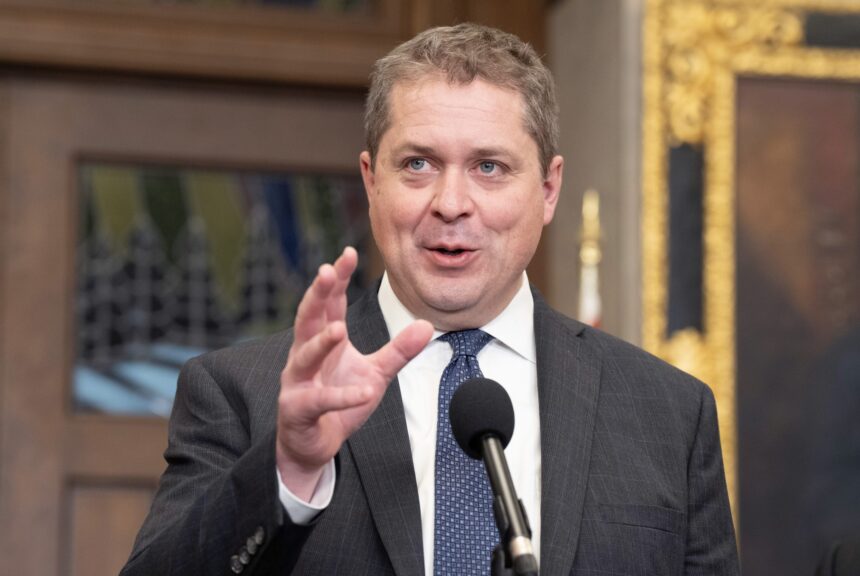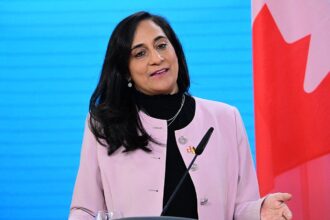In an unexpected political reconfiguration that has sent ripples through Ottawa’s corridors of power, former Conservative Party leader Andrew Scheer has been appointed as the Official Opposition Leader in Parliament, stepping in for Pierre Poilievre who remains sidelined due to ongoing health concerns.
The announcement came Tuesday morning following intense deliberations among Conservative Party officials. Scheer, who previously led the party from 2017 to 2020, brings considerable parliamentary experience to the role during what party insiders describe as a “temporary but indefinite arrangement.”
“The continuity of strong opposition is essential to our parliamentary democracy,” Scheer stated during a brief press conference at Parliament Hill. “While Pierre focuses on his recovery, I’m committed to maintaining the momentum our party has built and holding this government accountable on behalf of Canadians.”
This development marks a significant moment in Canadian politics, reintroducing Scheer to the national spotlight after his relatively quiet period serving as a Saskatchewan MP since stepping down from leadership. Political analysts note that his familiarity with parliamentary procedure and previous experience facing Prime Minister Trudeau in Question Period likely factored into the decision.
Sources close to the Conservative caucus indicate the transition has received broad support, though not without some internal debate about strategic direction. “Andrew represents stability during uncertainty,” noted one senior Conservative strategist who requested anonymity. “He knows the files, knows the players, and can maintain pressure on government without missing a beat.”
The Prime Minister’s Office released a statement acknowledging the change, with Trudeau extending well-wishes to Poilievre while welcoming Scheer back to his leadership role. “While we have our political differences, the function of opposition is vital to our system,” the statement read.
This arrangement adds another complex layer to Canadian political news as the country approaches critical debates on economic policy and international relations. Financial markets showed minimal reaction to the announcement, suggesting investors view the transition as maintaining policy continuity within Conservative ranks.
Scheer has already signaled his intention to focus heavily on economic issues, particularly inflation and housing affordability – themes that have resonated strongly with voters according to recent polling. “Canadian families are struggling with the cost of living crisis while this government continues its reckless spending,” Scheer emphasized in his first statement as returning Opposition Leader.
The timeline for Poilievre’s return remains unclear, though party officials insist he maintains his position as party leader while delegating parliamentary duties. This unusual separation of party leadership from parliamentary opposition leadership will test Conservative organizational structures in the coming months.
As Parliament prepares for the upcoming budget debates, observers from across the political spectrum will be watching closely to see how this leadership transition affects the tenor of Canadian politics and whether Scheer’s return to prominence signals deeper shifts within Conservative strategy.
What remains to be seen is whether this unexpected return to the parliamentary spotlight might rekindle Scheer’s own leadership ambitions, or whether this interim role will merely serve as a brief coda to his political career. How will this reshuffling of Conservative leadership impact Canada’s political landscape as we approach the next federal election cycle?









